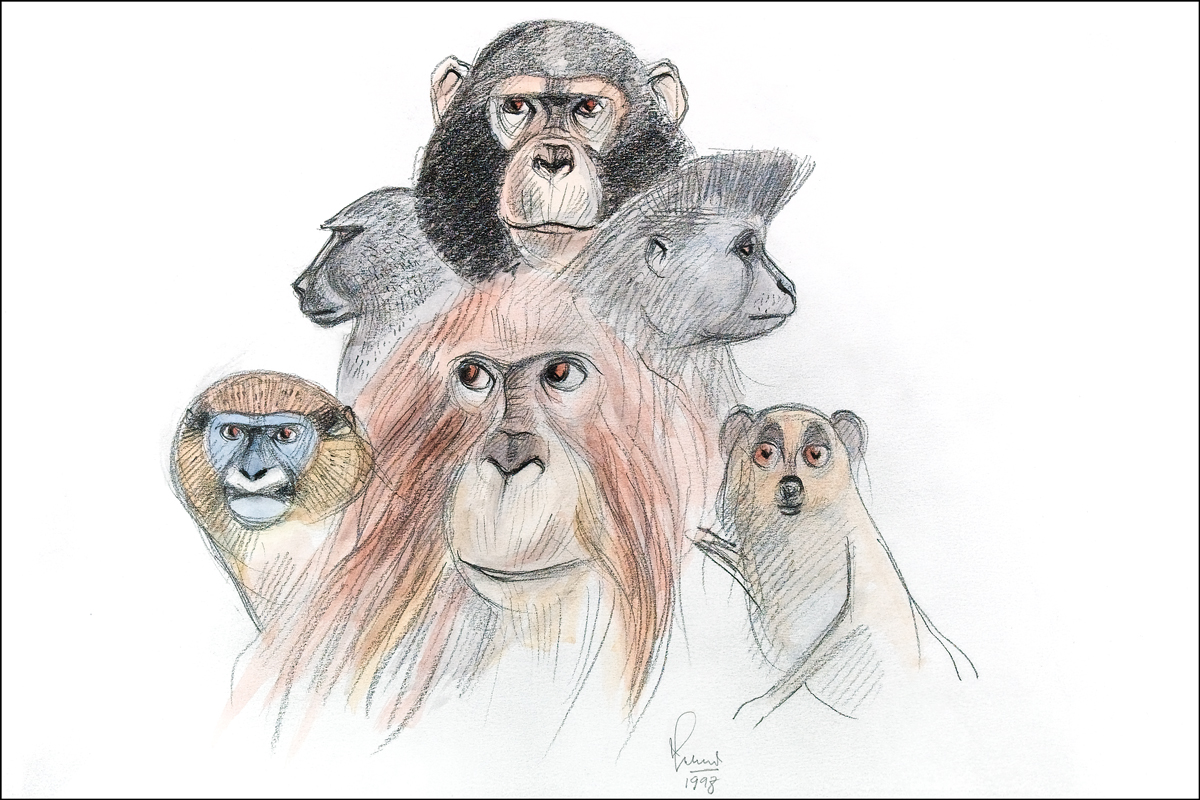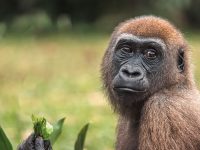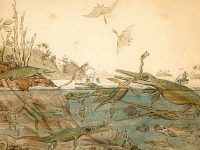
The order Primates includes more than three hundred species, among which are us, human beings. Perhaps that is why we are so fascinated by their study, because of the diverse forms and behaviours of the taxon and because to understand primates better is to understand ourselves better.
This monograph presents different approaches to the study of our closest relatives with the aim of identifying the characteristics that define primates as a group and those that make us, humans, a unique species. From the field of palaeontology, David R. Begun takes us on a journey through the order’s nearly 60 million years of existence, interpreting fossils to understand the evolution of primate intelligence. Based on observational studies of animals in the wild, Federica Amici describes the enormous diversity of social behaviours demonstrated by primates today, analyses the benefits of sociality, and identifies outstanding challenges.
The monograph then examines, from a primatological perspective, two of the main evolutionary scenarios proposed to explain the emergence of complex cognitive abilities in humans: cooperative hunting and tool use. Starting with the hunting of colobus by groups of chimpanzees, I explore studies of primate cooperation and show that experimentation is fundamental to the study of cognition. Alba Motes-Rodrigo, on the other hand, looks at the use of tools in great apes and proposes experimental archaeology as a valuable tool to verify learning mechanisms and thus the possibility of cumulative culture in primates. Finally, Catarina Casanova and Susana Costa take us to Guinea-Bissau to introduce us, through interviews and observations, to the complex and often conflicting interface between human and non-human primates, and to help us reflect on the need to change conservation strategies if we want to guarantee the future coexistence between primate relatives with a long common history.





